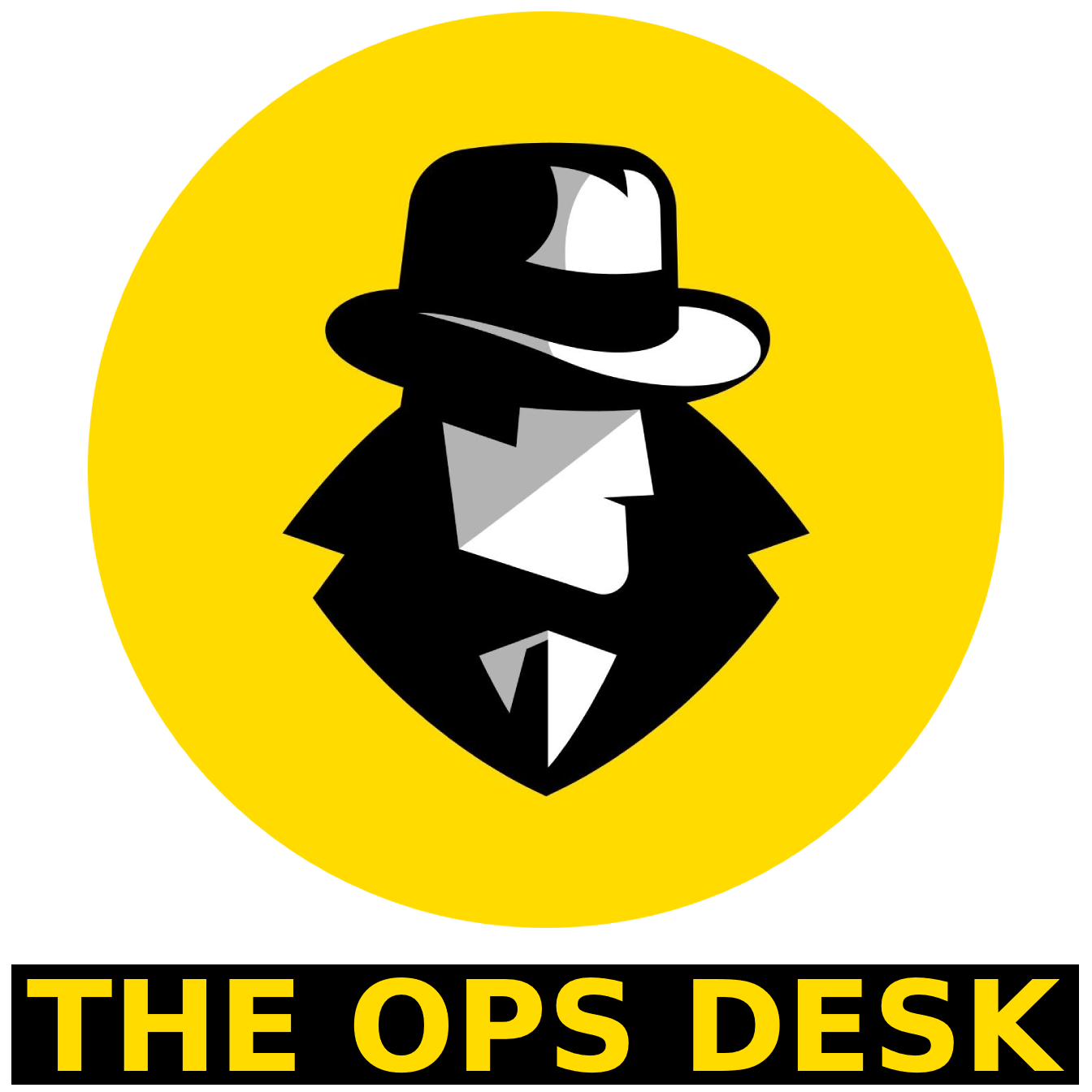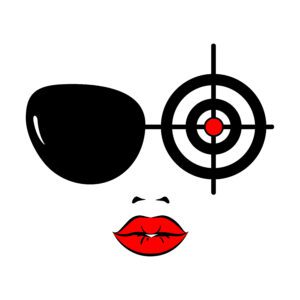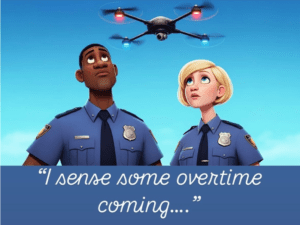Sectarian Violence Reaches Its Apex
Northern Ireland has seen more than its share of protests and violence over the years. Blood was often spilled on the streets of cities such as Belfast, Portadown, or Derry as Catholics and Protestants clashed. On January 30, 1972, one of the frequent protest marches in Derry resulted in tragedy.
The day became known as Bloody Sunday after marchers from the Catholic NICRA (Northern Ireland Civil Rights Association) were attacked my soldiers of the British Army’s Parachute Regiment. The soldiers opened fire on the marchers, injuring scores and killing fourteen men and women.
The British Army had been brought in to Northern Ireland as the violence had been on the rise and the RUC (Royal Ulster Constabulary) had lost legitimacy in the eyes of Catholics across the region. They were seen as strictly a pro-Protestant occupying force. The government felt that the Army was necessary to maintain order.
Marches had been banned several weeks earlier by the Northern Irish Government in an attempt to slow the back and forth battles as Catholic and Protestant processions led to one bloody scene after another. The NICRA ignored the ban and came out in force on the morning of January 30 to protest the internment of many fellow Catholics.
The Paratroopers set up barricades to block the route of the protest. As the more than 10,000 marchers approached the soldiers, they began to throw stones at them. The soldiers responded with tear gas and rubber bullets. At 3:55, a soldier claimed that he saw a weapon. He opened fire on the potential threat. More soldiers joined in as the chaos mounted. The marchers scattered and attacks on the troops mounted. Additional conflicts led to more shots being fired.
At the end of the day, 26 Catholic marchers were shot, 14 of them fatally. An initial official inquiry cleared the soldiers of any wrongdoing. This was so clearly a whitewash that another, less biased investigation was requested. As a part of the peace process in 1998 the requested unbiased investigation was finally undertaken. The so-called Sayville Inquiry found that soldiers had no basis for shooting the 26 unarmed people. One soldier, called “Soldier F” was arrested for murder, but never tried as the prosecutors felt that they could not prove their case as some evidence was old and potentially inadmissible. In 2022 the High Court ordered that trial had to proceed. The trial of “Soldier F” is currently ongoing with pretrial motions in process.












